People who suffer from sleep apnea often turn to Continuous Positive Airway Pressure CPAP machines as a way to cure their breathing problems. But there is an alternative to using CPAP that many people are not aware of – natural cures for sleep apnea. By following some simple tips, you can cure your sleep apnea without the help of a machine. If you’re experiencing difficulty breathing during sleep, there are several things you can do to try and cure the problem yourself. One option is to try a nasal pillow or strap system. In this blog post, we will learn how to cure sleep apnea naturally at home!
Home remedies for obstructive sleep apnea
Sleep apnea is a common sleep disorder that causes you to stop breathing for short periods of time during sleep. Left untreated, sleep apnea can lead to health problems such as high blood pressure and heart disease.
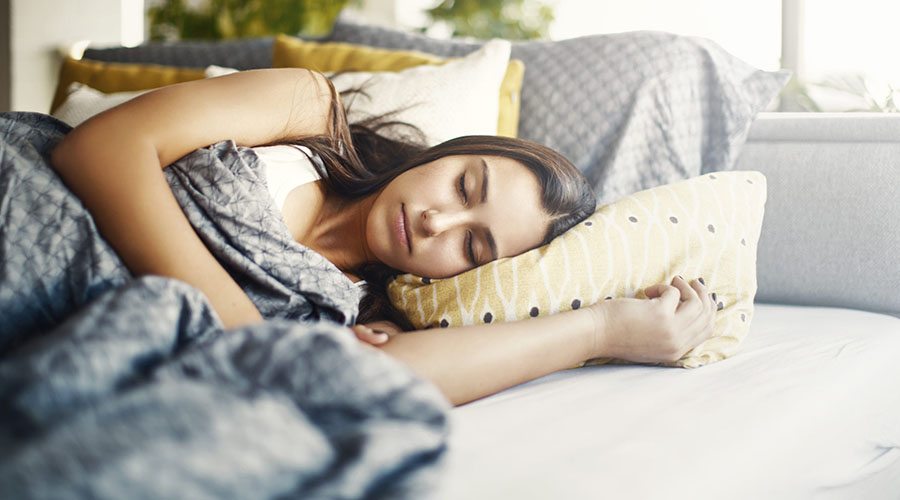
A variety of home remedies may help to relieve symptoms of obstructive sleep apnea. These remedies include nasal strips, nasal irrigation, sleeping on your side, and avoiding alcohol and caffeine before bed. In addition, weight loss may help to improve severe sleep apnea symptoms. If you are experiencing symptoms of obstructive sleep apnea syndrome, talk to your doctor about the best treatment plan like a sleep medicine for you. Mild obstructive sleep apnea can result in daytime sleepiness.
Central sleep apnea happens when you stop breathing momentarily while you are sleeping. It happens when your airway, the tube that carries air into and out of your lungs, relaxes. This can happen hundreds of times in a single night for sleep apnea patients.
Read also about how often to inject sustanon 250
Raise the head of the bed
When you’re suffering from a cold, the last thing you want to do is spend the night resting with your head elevated. However, if you have a stuffy nose, sleeping with your head higher than your body can help clear your airways and make breathing easier.
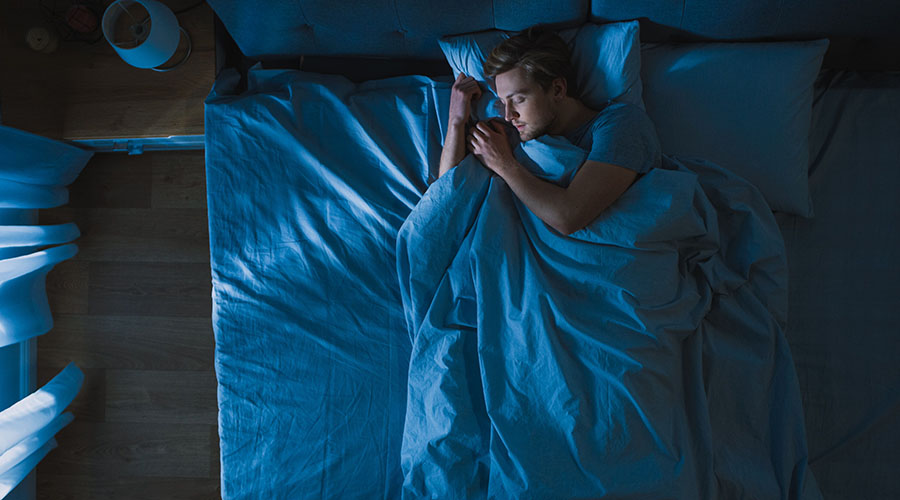
According to the Mayo Clinic, there are a few ways to elevate your head while you sleep: use extra pillows, put blocks of wood or books under the feet of the bed, or purchase a special pillow designed to raise the head.
If you tend to sleep hot, sleeping in a cool room can help keep your nasal passages from becoming too congested. A cool environment can also help you avoid waking up with a stuffy nose during the night.
Weight loss techniques
There is a multitude of techniques that people use to lose weight. Some people swear by counting calories, others by cutting out carbs or sugars, and still others by intermittent fasting or detoxing. While some of these techniques may be more effective than others, the best way to lose excess weight is ultimately the way that works best for you.

What works for one person may not work for another, so finding what works for you is key. There is a myriad of techniques that people use to lose weight. Some people swear by counting calories, others by cutting out carbs or sugars, and still others by intermittent fasting or detoxing.
Didgeridoo playing
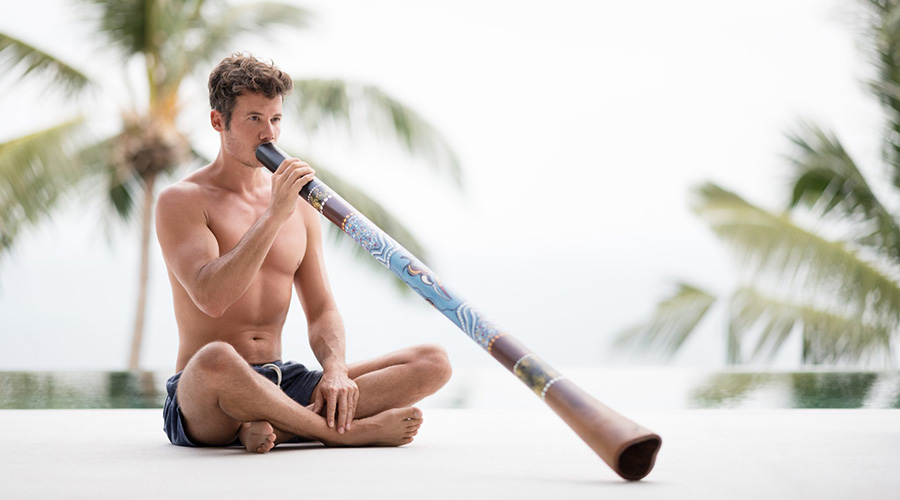
Didgeridoo playing is a form of breath control that can be used to improve your health. Playing the didgeridoo helps to strengthen the lungs, diaphragm, and upper airway muscles. It can also help to improve sleep apnea and snoring. The most important part of losing weight is that you need to do something.
Side sleeping position
Most people are unaware of the health benefits associated with sleeping on your side. Sleeping on your left side, in particular, can help improve heart health and digestion. To reap the benefits of sleeping on your side, it’s important to use the right pillow.
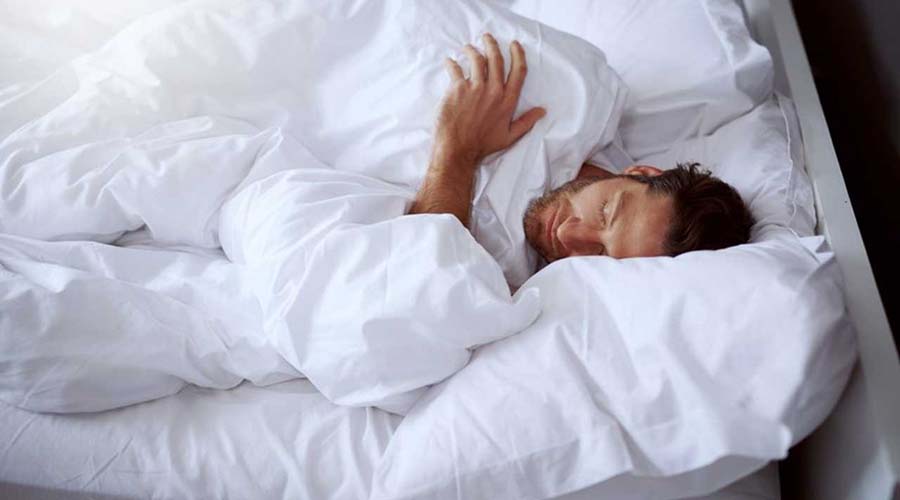
A thin pillow is best for side sleepers because it allows your head and neck to rest in a neutral position. When you first start sleeping on your side, it may take some time to get used to the new position. Be patient and stick with it – you’ll be glad you did!
A good pillow is a must for side sleepers! Sleeping on your side may help you sleep better, but it isn’t the only benefit. The side sleeping position helps reduce neck and shoulder tension.
Oral or dental appliances
Oral appliances are devices that are worn in the mouth to treat various health conditions. They can be used to correct problems with teeth alignment, to keep the airway open during sleep, or to reduce snoring.

There are a variety of different types of oral appliances available, and they can be custom-made or store-bought. Orthodontic treatment involves the use of braces to realign teeth and improve jaw alignment.
Healthful lifestyle changes
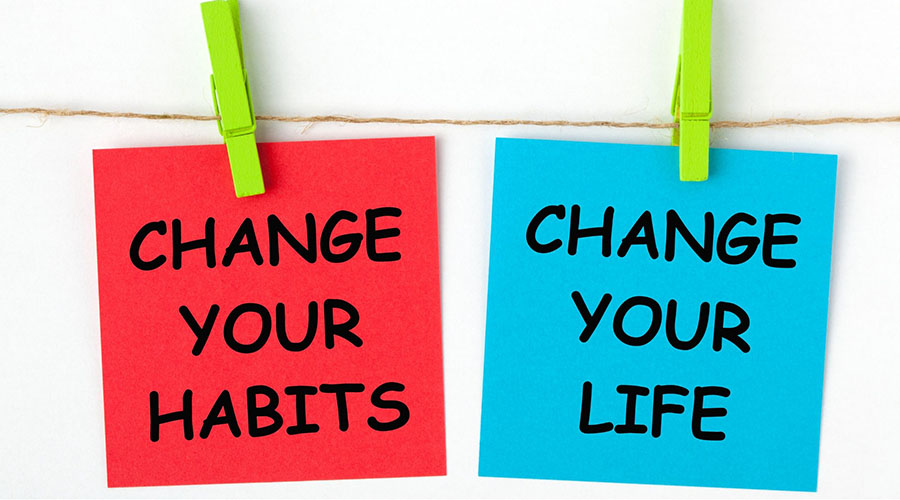
Making healthful lifestyle changes can seem daunting, but it’s worth it! Here are five tips to help you get started:
- Choose one change to make at a time. Trying to make too many changes at once can be overwhelming and lead to failure.
- Set realistic goals. Don’t aim for perfection – just strive to make healthier choices most of the time.
- Find support from family and friends. They can help keep you on track and offer encouragement when you need it.
- Make gradual changes. If you try to overhaul your entire diet or exercise routine all at once, you’re likely to become frustrated and give up.
- Be patient! It takes time for new habits to form, so don’t expect miracles overnight.
Home remedies that don’t work
There are many home remedies that people use to try and cure what ails them. However, many of these remedies don’t work and can even be dangerous. For example, taking garlic for cold has no effect, and in fact, can make you sicker if you have a cold.
More info about testosterone cypionate 250mg for sale
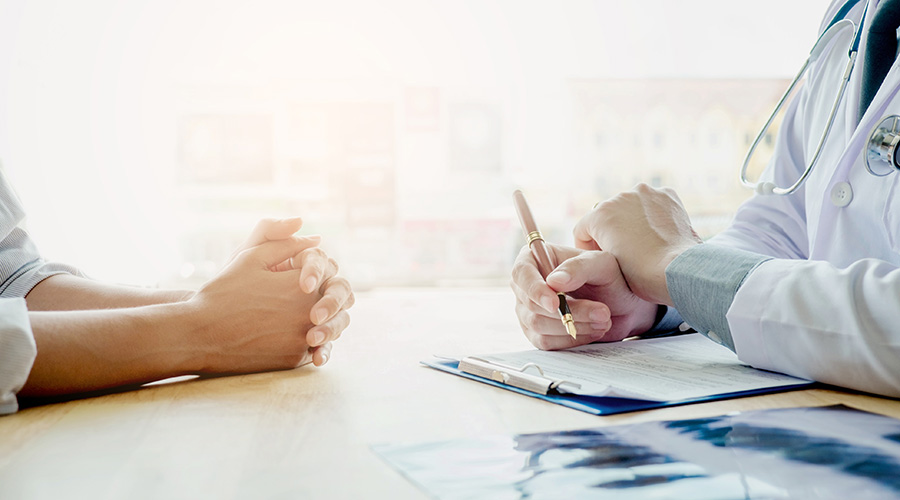
Additionally, using petroleum jelly to treat burns can actually cause more damage. It is important to consult a doctor before trying any home remedy, especially if it is something that has the potential to cause harm.
Natural remedies and sleep supplements
Insomnia is a sleep disorder that is characterized by difficulty falling or staying asleep. It can cause daytime fatigue, irritability, and problems with concentration and memory. While there are many prescription medications available to treat insomnia, they can have side effects. Some people may prefer to try natural remedies or sleep supplements before resorting to medication.
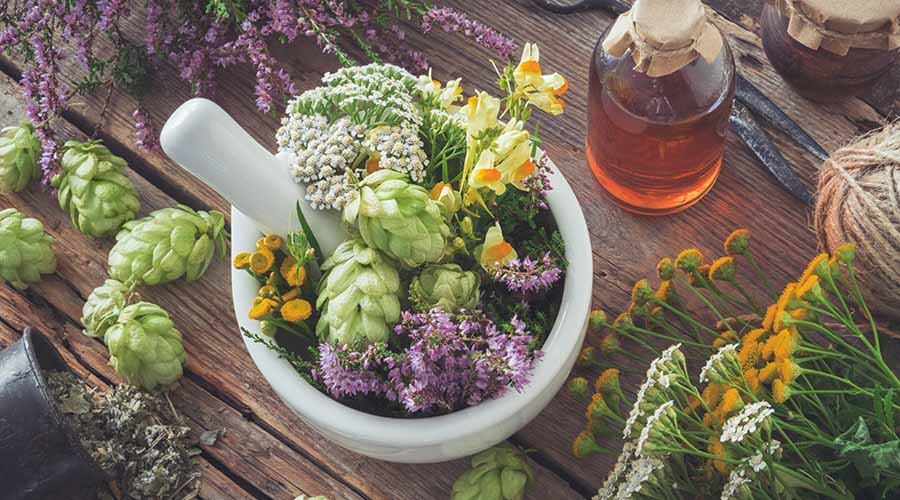
There are many different natural remedies that have been claimed to help improve sleep quality. These include:
- Herbal supplements such as valerian root, chamomile, lavender, and passionflower
- Melatonin supplements
- Yoga or meditation
- Avoiding caffeine and alcohol before bedtime
Sleep supplements are products that contain ingredients such as melatonin, magnesium, or herbs that are meant to help improve sleep quality. Melatonin is a hormone produced naturally by the body. It is thought that melatonin regulates sleep cycles and helps you fall asleep. Melatonin supplements are often used to treat insomnia or jet lag. They are also used as an anti-aging supplement to help retain youthful energy.
Smoking marijuana or taking CBD
Cannabis, also known as marijuana, is a psychoactive drug that comes from the Cannabis sativa plant. The main active chemical in cannabis is THC (delta-9 tetrahydrocannabinol). CBD (cannabidiol) is a chemical compound found in cannabis and it doesn’t have any psychoactive effects. Some people use marijuana for medical purposes such as relieving pain, improving mood, and reducing anxiety.
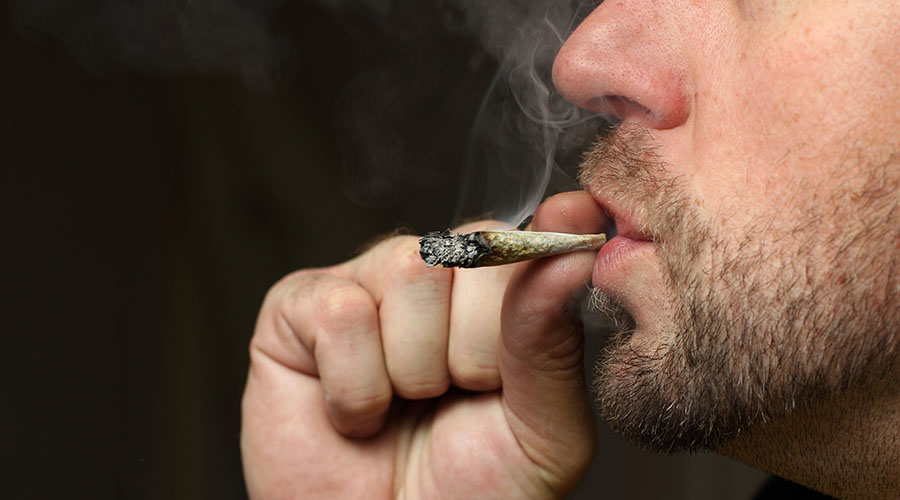
Others use it for recreational purposes. Marijuana/Cannabis can affect your physical and mental health, it can also change the way you behave. The effects of marijuana use on the body are complex. It can change how the brain works and may be linked to mental health conditions.
Drinking alcohol
When it comes to the question of drinking alcohol, there are different schools of thought. Some people believe that alcohol is a poison and should not be consumed under any circumstances. Others believe that alcohol can be enjoyed in moderation and has some health benefits.

Still, others believe that alcohol should only be consumed in certain situations, such as when celebrating a special occasion. Ultimately, the decision about whether or not to drink alcohol is up to each individual. Alcohol relaxes the throat muscles that control your breathing. This can lead to snoring and an interrupted sleep cycle.
Alcohol is a drug that can have many different effects on the developing foetus. Some of these effects, such as low birth weight or alcohol-related injury, are not necessarily harmful to the baby and may even be beneficial.
Conclusion
In conclusion, there are many ways to cure sleep apnea naturally at home without CPAP. Some of these methods include using a humidifier, practicing good sleep hygiene, avoiding alcohol and caffeine before bed, and losing weight if needed to avoid worsen sleep apnea. If these home remedies for sleep apnea don’t work, there are also surgical options available, but be aware of the risk factors. Consult a sleep specialist for your sleep disorders.
FAQ
Can sleep apnea be cured naturally?
Sleep apnea is a sleep disorder that affects many people. It can cause loud snoring, disturbed sleep, and even heart problems. While there is no one cure for mild sleep apnea, there are some things that you can do to help improve sleep apnea symptoms.
One natural way to treat sleep apnea is by using a CPAP machine. A CPAP machine uses air pressure to keep your airway open while you sleep. If you are unable to use a CPAP machine, you may want to try using a nasal dilator or nasal strips. You can also try losing weight and avoiding alcohol and caffeine before bed.
Snoring is a common problem. It may be caused by allergies, asthma, or digestive disorders. If you have trouble sleeping because of your partner’s snoring, there are things you can try to eliminate sleep apnea diagnosis.
What herb is good for sleep apnea?
Sleep apnea is a common sleep disorder that causes you to stop breathing for short periods of time during sleep. It can lead to daytime fatigue, problems with concentration, and even heart problems. There are a number of treatments for sleep apnea, but some people may also be able to improve their symptoms by using an herb called valerian.
Valerian is a natural remedy that has been used for centuries to treat a variety of health problems. It is thought to work by increasing the amount of GABA, a chemical in the brain that helps to promote relaxation. In one study, valerian was found to be as effective as prescription medications for treating sleep apnea.
As a result, valerian may be a good alternative for people who have trouble with prescription sleep medications. However, there is not yet enough evidence to recommend valerian for treating sleep apnea on its own.
Can honey cure sleep apnea?
Sleep apnea is a sleep disorder that affects many people. It can cause loud snoring, interrupted breathing, and even death. Some people have found that honey helps to cure their sleep apnea.
The idea is that honey’s high acidity helps to relax the muscles in the throat and prevent blockages. Honey may also help treat insomnia, which often goes hand in hand with sleep apnea. However, there isn’t enough evidence to support this idea.
What tea is good for sleep apnea?
Sleep apnea is a common sleep disorder that causes brief interruptions in breathing during sleep. If left untreated, sleep apnea can lead to health problems such as heart disease, high blood pressure, and stroke. While there is no cure for sleep apnea, treatment options are available. One treatment option that has shown promise is drinking tea.
Tea is a drink that has been used for centuries to promote health and well-being. There are many different types of tea, each with its own unique set of benefits. In recent years, scientists have begun to study the effects of tea on sleep apnea. The results of these studies have been promising.
Tea has been shown to be effective in treating mild to moderate sleep apnea. It can help reduce the number of episodes of interrupted breathing and improve overall sleep quality. According to a 2008 article appearing in the Journal of the American Osteopathic Association, tea was found to be effective in treating mild to moderate sleep apnea. The scientists who conducted this study concluded that tea consumption can help reduce episodes of interrupted breathing and improve overall sleep quality.
